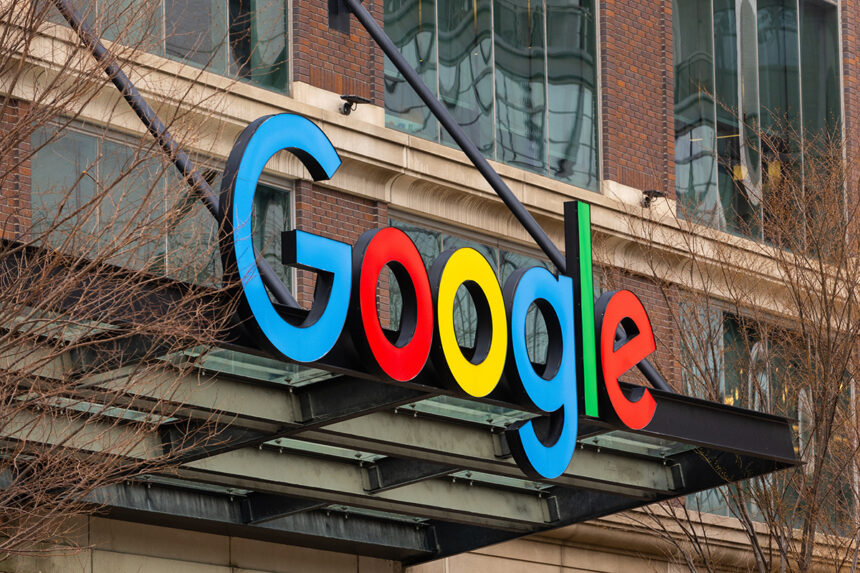A federal judge from the United States has ruled that Google has illegally built the “monopoly power” with its web advertising business.
In what is seen as another blow to the technological giant that strengthens the demand of the United States antitrust prosecutors to break their AD products, said Virginia district judge, Leonie Brinkema, in a 115 -page decision that Google was responsible for “acquiring and maintain Sellers
Several news companies have argued that technology companies such as Google and Facebook get a large part of the income that should go to the company that created the content. Among the witnesses who appeared for the people of the government who worked for the main editors, as well as the advertising agencies that buy online space.
Declared the monopoly of Google monopoly
It is the second court ruling that the technological giant has an illegal monopoly, after a similar sentence in a case on the online search. The decision stands with the Department of Justice in a historical case against the technological giant that could remodel the basic economy of administering a modern website.
Together, the two decisions could verify the influence of Google and result in an important restructuring of the company.
The case of advertising technology against Google was presented in 2023 by the Department of Justice (DOJ) and 17 states. It takes the company to create an intricate network of programs to sell space on the Internet, with software such as Google Ad Manager that makes second auctions to place ads every time a user loads a page.
According to the government, that business generated US $ 31 billion in 2023 for Alphabet, the Google parent company. The government has also estimated that Google Now has a market share of 87 percent in advertising sales technology.
The judge said Google illegally dominates two markets for online advertising technology. Editor’s advertisement servers are platforms used by websites to store and manage their digital adventory. Together with ad exchanges, technology allows news editors and other online content suppliers to earn money by selling ads.
These funds are the “vital blood” of the Internet, Brinkema wrote, adding: “In addition to depriving rivals of the ability to compete, this exclusive behavior substantially damaged the editors of Google, the competitive ones on the open website and, ultimately, ultimately.”
However, antimonopoly executors could not prove a separate statement that the company had monopoly in advertising advertising networks.
The company said it will appeal the ruling and that the company does not agree with the decision on its editor tools.
Lee-Anne Mulholland, Vice President of Regulatory Affairs, said: “We won half of this case and we will attract the other half. The editors have many options and choose Googe because the advertising technology tools are simple, affordable and effective.”
But the United States attorney general, Pamela Bondi, described the ruling “a historical victory in the current fight to prevent Google from monopolizing the digital public square.”
Bondi added: “This Department of Justice will continue with bold legal actions to protect the American people from Arcons in freedom of expression and free markets by technological companies.”
Large technology companies have faced the heat of government regulators. The Department of Justice has sued Apple, claiming that it has a smartphone monopoly, while Meta Platforma faces an antimonopoly case presented by the Federal Commerce Commission (FTC) for having an illegal monopoly on personal social networks with ITSAP and Instagram. FTC has also accused Amazon or illegal that dominate online retail markets and the sxing of small businesses.
The company faces another case against the Department of Justice in Washington next week. In the trial of three weeks as of Monday, the Department of Justice requests that the judge order that Google sells his chrome browser and take other measures to end his domain in the online search.








